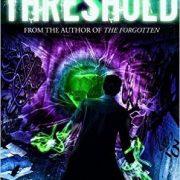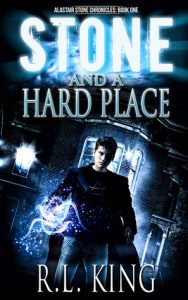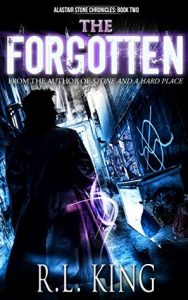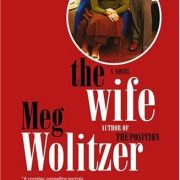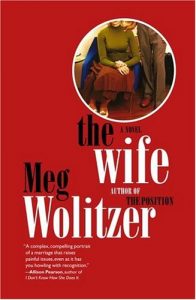I’m always on the lookout for a good urban fantasy. I found a great one in R.L. King’s The Threshold, the third book in a series chronicling the adventures of mage Alistair Stone. Alistair is a white mage; he doesn’t power his spells by siphoning the life force of other human beings. In The Threshold, Alistair and his companions, Verity Thayer and her brother, Jason, are battling an extra-dimensional enemy called the Evil that feed on human emotions and seek world domination. The trio must find and destroy the portals through which the Evil are invading this world.
As incorporeal beings the Evil can possess the bodies of most humans, but not the bodies of mages, although a few black mages allow themselves to be possessed in exchange for the power the Evil gives them. A mysterious group known as the Forgotten are also immune to possession. The special abilities of the Forgotten come with a downside: — they suffer from various mental disorders that make it difficult for them to function in society. Most of the Forgotten are homeless.
The story moves briskly without sacrificing the descriptive detail so necessary to this genre. The author weaves the magic seamlessly into a very concrete everyday reality. The extra-dimensional portal in the basement of an Indian restaurant, aptly named A Passage to India, seems as real and believable as a broom closet.
Alistair and his companions are altogether sympathetic. I prefer antiheroes, so this threesome is a bit too white magic for me. But their quirks and passions keep them from being bland. Englishman Alistair comes across as a typical college professor, unconventional and sometimes acerbic. His mysterious past makes him intriguing. Teenager Verity is both Forgotten and a mage. Apprenticed to Alistair, she is discovering her abilities as she wrestles with the problems of adolescence. Jason’s only gift is the ability to power Alistair’s spells without depleting himself, a kind of magical battery, but his fierce love for his sister makes him stand out.
Secondary characters are well-drawn, even those who make only a brief appearance. Eleanor Pearsall, the white mage in the opening chapter, is so sweet that it hurts when she’s ambushed by the Evil. And gray mage Trevor Harrison is so compelling that I wish he had a larger role in the story.
Later books in a series are tricky. Often the beginning gets bogged down by exposition or the story cannot stand on its own. King avoids both these pitfalls. She gives just enough information so readers can understand what’s going on. At times the Evil seems like an abstract menace, though, and the trio’s history with the Forgotten feels thin. After finishing The Threshold I backed up and read The Forgotten, which filled in everything that was missing — and more. The first book, Stone and a Hard Place, tells a separate story featuring Alistair Stone.
If you enjoy urban fantasy, you don’t want to miss this series. You can read The Threshold first, like I did, but for the optimal experience, start with The Forgotten. Or better yet, Stone and a Hard Place. Once you enter the world of Alistair Stone, you won’t want to leave. And you won’t have to. The Source: Book Four of the Alistair Stone Chronicles, is coming soon.

